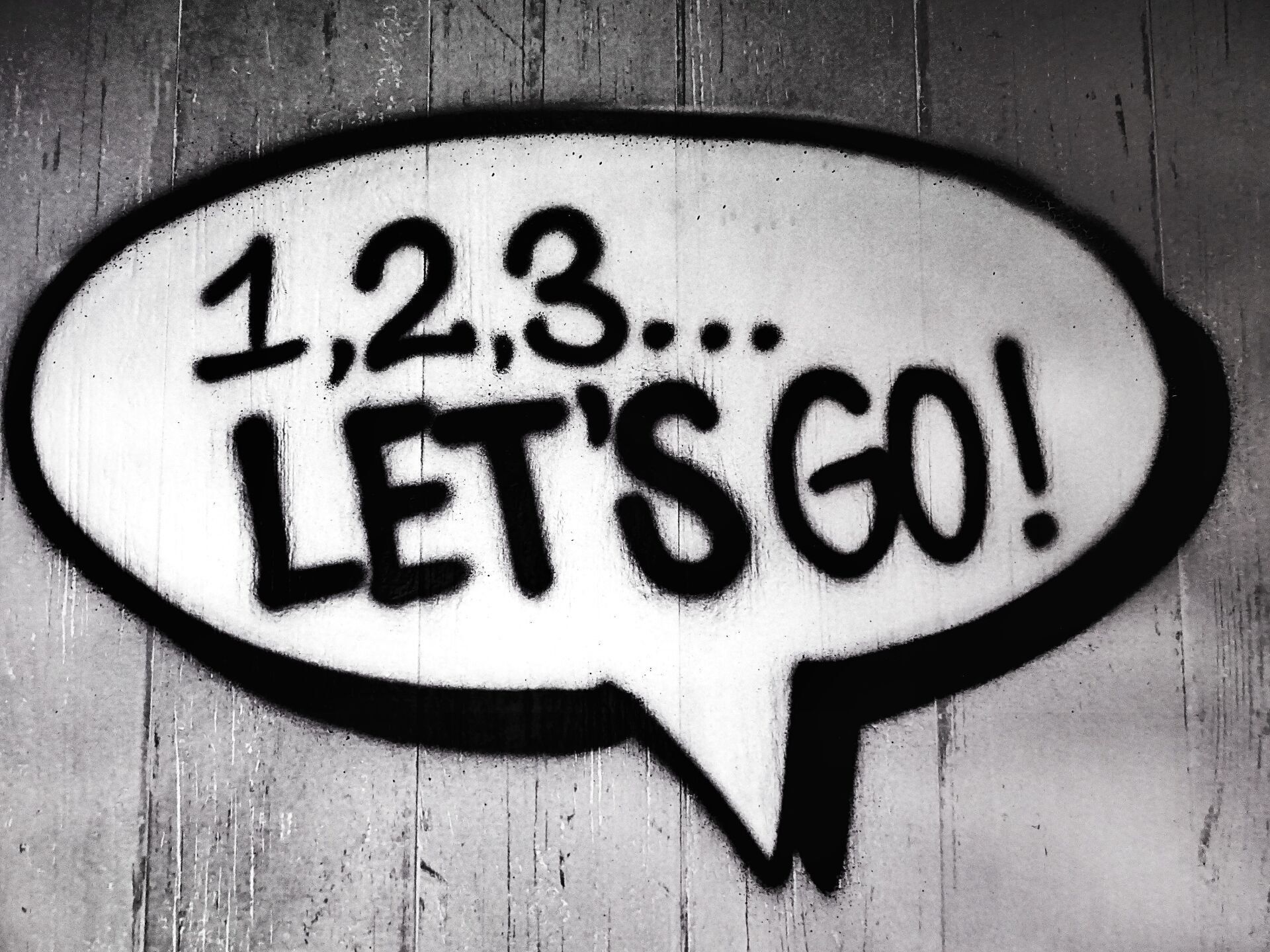Check out the new blog below
Check the Ego:
Proverbs 11:2 (NIV) “When pride comes, then comes disgrace, but with humility comes wisdom,”.

Check the Ego: “Extreme Ownership”
Proverbs 11:2 (NIV) “When pride comes, then comes disgrace, but with humility comes wisdom,” and Proverbs 16:18 (NIV) “Pride goes before destruction, a haughty spirit before a fall.” The principle of checking the ego underscores the destructive nature of pride and the wisdom found in humility. Leaders are encouraged to set aside personal ego for the greater good, promoting collaboration and effective communication within the team. A humble approach enables leaders to learn, adapt, and foster a healthy team dynamic.
We must recognize ego can hinder effective communication, decision-making, and overall team performance. We will look over the story of Saul as a basic outline of EGO gone wrong.
In the earlier chapters of 1 Samuel, Saul's ego subtly reveals itself through various instances of insecurity, arrogance, and disobedience. Despite being anointed as king by the prophet Samuel, Saul initially hesitates to embrace his new role with confidence, as seen when he hides among the baggage during his public introduction (1 Samuel 10:21-24). This act of self-consciousness suggests a lack of inner conviction and a reluctance to fully step into the leadership bestowed upon him by God. Furthermore, in 1 Samuel 15, Saul's ego leads him to disobey a direct command from God to utterly destroy the Amalekites and their possessions. Instead, he spares the best of the plunder and preserves King Agag's life, driven by a desire for personal gain and recognition. These early glimpses of ego-driven failures foreshadow the greater struggles Saul will face as his pride continues to cloud his judgment and distance him from God's guidance.
As Saul's reign progresses, his ego continues to drive his decisions. In subsequent chapters, we see him succumb to jealousy and paranoia, particularly in his relationship with David, who was anointed to succeed him. Saul's ego blinds him to David's loyalty and capabilities, leading him to pursue David relentlessly out of fear of losing his throne. Despite numerous warnings and opportunities for repentance, Saul's ego ultimately seals his downfall, as he dies in battle, defeated and forsaken by God.
Saul's unchecked ego resulted in missed opportunities for both himself and David. Despite David's loyalty and prowess as a leader, Saul's jealousy and paranoia, fueled by his ego, led him to view David as a threat rather than an asset. Instead of recognizing David's potential to contribute positively to the kingdom, Saul's ego blinded him to the benefits of collaboration and mentorship. Consequently, Saul's insecurity and mistrust prevented him from harnessing David's talents for the greater good, depriving the kingdom of the unity and strength that could have been achieved through their partnership.
The dangers of Saul's ego extended beyond his personal relationships, significantly impacting the nation as a whole. As king, Saul's ego-driven decisions and erratic behavior eroded the stability and unity of the kingdom. His disobedience to God's commands and his failure to prioritize the well-being of his people resulted in turmoil and conflict. Instead of leading with humility and wisdom, Saul's ego led to division and chaos, weakening the nation's defenses and leaving it vulnerable to external threats. Ultimately, the consequences of Saul's unchecked ego reverberated throughout the land, leaving a legacy of strife and missed opportunities for generations to come.
Saul's story serves as a poignant reminder of the destructive power of ego when left unchecked. In today's world, individuals face similar challenges across various spheres of life. Whether in personal relationships, professional settings, or religious communities, the unchecked ego can wreak havoc. For individuals, ego-driven decision-making can lead to strained relationships, missed opportunities for growth, and a sense of disconnection from others. In professional environments, leaders grappling with inflated egos may struggle to collaborate effectively, alienating team members and hindering organizational success. Within religious communities, the temptation to prioritize personal agendas over spiritual guidance can fracture unity and erode trust.
Striving to be a Torah-observant Christian, the challenge is even more profound. The teachings of Torah emphasize humility, selflessness, and obedience to God's commands. However, the lure of ego can lead individuals astray, causing them to prioritize their own desires over God's will. This can manifest in various ways, such as neglecting the needs of others, failing to seek wise counsel, or becoming complacent in spiritual growth.
To counteract the detrimental effects of ego, individuals must actively cultivate humility, self-awareness, and a willingness to seek guidance from both spiritual mentors and trusted peers. By aligning their actions with the principles of Torah and embracing a servant-leader mentality, individuals can foster environments of collaboration, growth, and lasting success, both personally and within their communities. Ultimately, by humbly surrendering their egos to God's will, individuals can find true fulfillment and purpose in their journey of faith.
1. How can individuals discern between healthy confidence and destructive ego-driven behavior in their decision-making processes?
2. What psychological and spiritual mechanisms contribute to the unchecked growth of ego, and how can individuals effectively combat these tendencies?
3. In what ways do societal structures and cultural norms either exacerbate or mitigate the proliferation of ego at both the individual and collective levels?
4. How can leaders reconcile the need for assertiveness and self-assuredness with the humility and openness necessary for effective collaboration and leadership?
5. What role does introspection and ongoing self-assessment play in mitigating the detrimental effects of ego on personal relationships, professional success, and spiritual growth?








